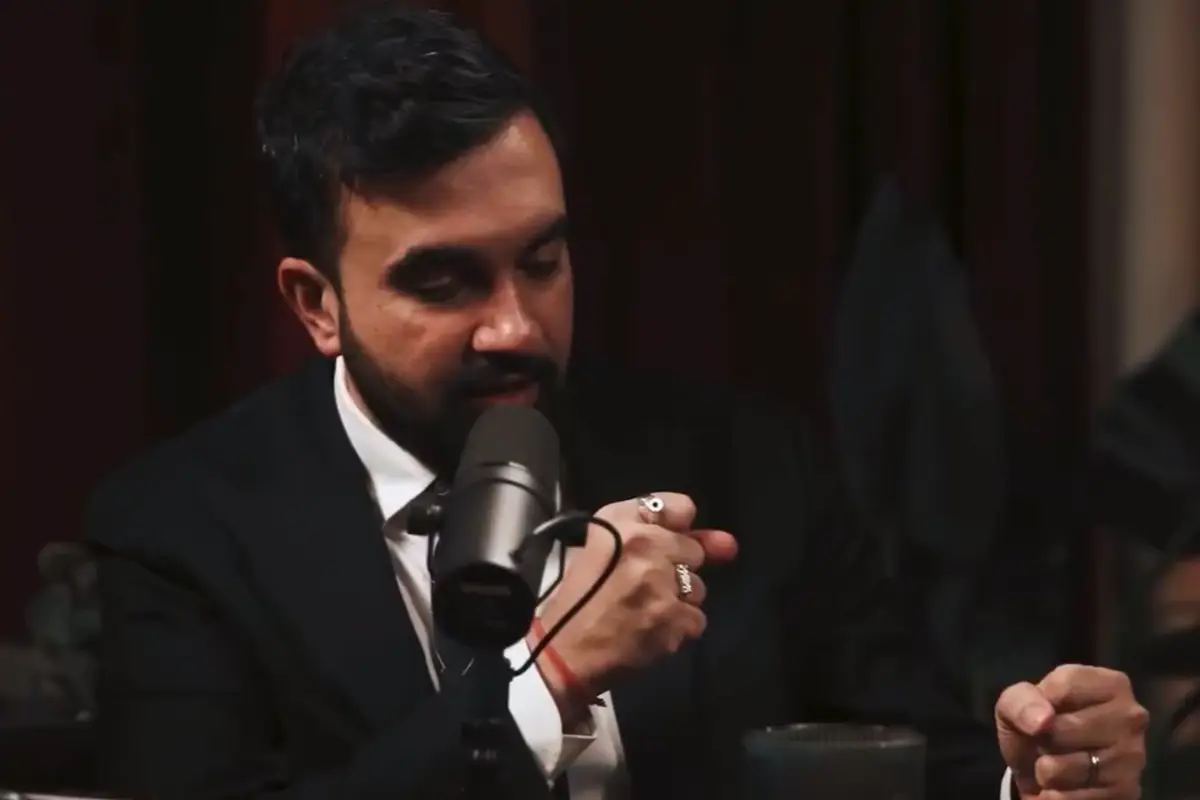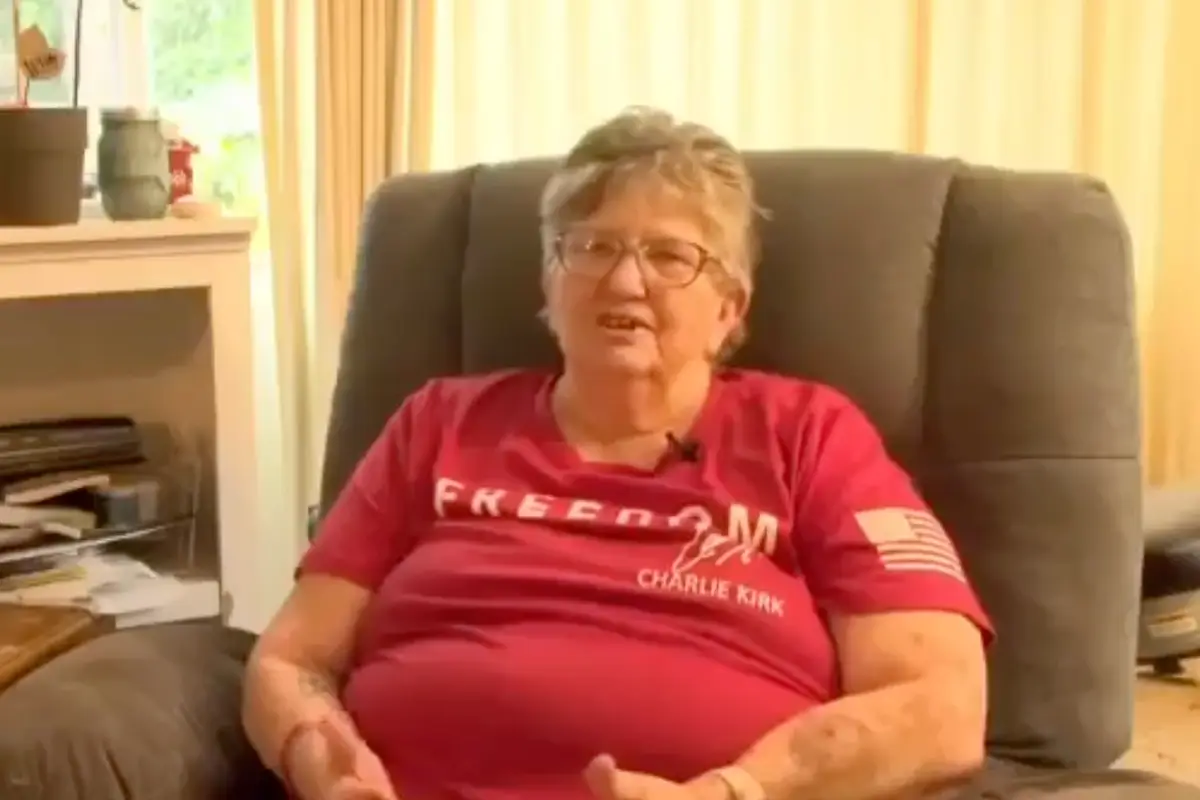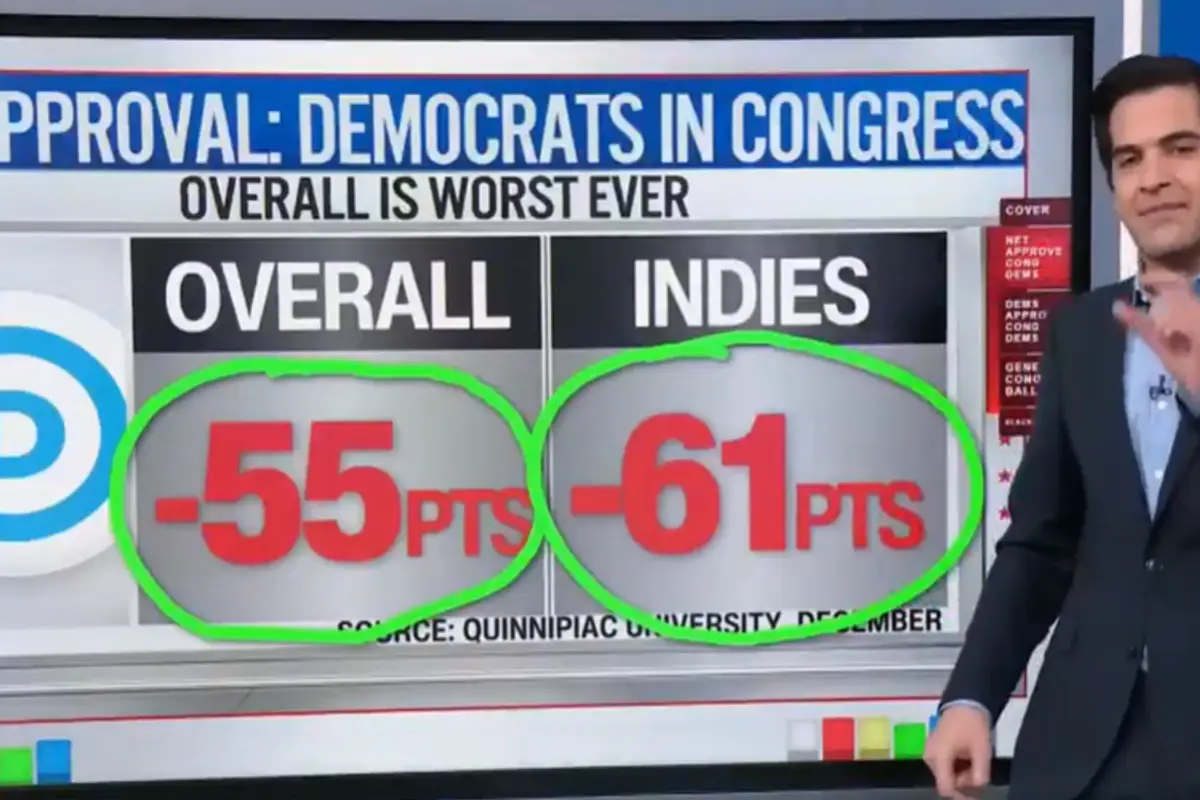Please verify
Each day we overwhelm your brains with the content you've come to love from the Louder with Crowder Dot Com website.
But Facebook is...you know, Facebook. Their algorithm hides our ranting and raving as best it can. The best way to stick it to Zuckerface?
Sign up for the LWC News Blast! Get your favorite right-wing commentary delivered directly to your inbox!
Conservative Woman Pens Powerful Essay on Sexual Assault #MeToo
In the wake of Harvey Weinstein (see Quentin Tarantino FINALLY Breaks the Silence on Harvey Weinstein… and This Actress’s Harvey Weinstein Story is One of The Worst Yet), women throughout the country have shared their sexual harassment and/or assault experiences. Most recently using the #MeToo hashtag. Including MANY of our friends and colleagues on the right. Okay? Okay.
Unfortunately, but not unpredictably, many opinionated columnists (including some on the right) have used the #MeToo campaign to act like short-sighted assholes. Alyssa Milano came up with the hashtag. So I guess to some, being a good conservative means knee jerk reactions to anything a member of the left says. Just because "look at me, look at me fight, put me on Fox News!!!" Okay? Okay.
Which brings us to Heritage Foundation's Amy Swearer. She shared her experience in a powerful essay, I’m a Conservative Who Was Roofied by a Stranger. Here’s What I Think of the ‘Me Too’ Hashtag. Absolutely everyone (men, women, transgenders and trans aliens) need to read the entire article. But here's a snipit:
There are a disconcerting number of people who, while ferociously and rightfully tearing apart the likes of Harvey Weinstein and his enablers, simultaneously denigrate the experiences of victims in the name of “confronting the lies of leftist feminism.”I’m not referring to commentators like Michael Knowles and Ben Shapiro, both of whom have offered honest and thoughtful concerns about the #MeToo hashtag. By no means do I think Mayim Bialik was out of line for advocating the exercise of wisdom and modesty as means of self-protection.
I’m referring to those who, without an ounce of empathy, callously dismiss stories shared under the #MeToo hashtag. The ones whose arguments can be fairly characterized as: “If you were really assaulted, you would have gone to the police. You would drop names and raise hell until you got justice. But you either weren’t victimized or you are complicit in all the other assaults that came after you. Most of these women posting ‘me, too’ are exaggerating for attention or because they want to demonize men. There is no rape epidemic, and women sometimes lie, so most of these women are lying, too.”
Stop.
No, really. Just stop.
I've been trying to figure out a way to crystalize the point she's raising. For most of my adult life, when discussing rape and abortion, for example, I hear this explanation: "Well I can understand wanting an abortion after a rape. I wouldn't want to look at that child and be reminded of my rape every day." You may have said it yourself. That explanation is the result of someone who believes they're empathizing, then opens their mouth. It's the result of someone who actually hasn't experienced that of which they're opining.
Similar comments and reactions have come after Harvey Weinstein. In fact it seemed the first people to react with opinions were people who haven't been sexually harassed, assaulted, or raped. Everyone has demanded people "name names" or "come forward with proof" without asking themselves a very simple question: why aren't people naming names? Why are people so afraid to name their attackers, even years later? Start asking yourself those questions, and we can actually have a conversation.
I have sat in quiet judgment of so many women who did not respond to victimization in the precise way I imagined “angry, no-holds-barred, take-names-but-not-prisoners” Amy would respond. I have sworn to anyone who would listen that many victims are partially to blame, that my handguns and I could take care of myself, and that I would always be vigilant enough and smart enough and prepared enough.And then there I was, waking up on a gurney at 4 in the morning. In an emergency room. By myself. Surrounded by strangers, asked the most intimate of questions by people who did not know my name five minutes ago, still hazy from a drug-induced stupor, bruised and hurting and afraid and wanting desperately to disappear into a hole until it all went away … and I promise you, you do not understand.
Again, you need to read the entire article. I sincerely don't care what gender you identify with most this day. She has a powerful message we all need to read. But her big takeaway is this: when it comes to sexual assault, our first reaction shouldn't be a reaction at all. We need to listen.
Instead of using the #MeToo hashtag for jokes, political fodder, or to poke fun at feminists (which I've done on numerous occasions), we should first read these experiences. Sexual harassment is not uncommon. In fact it seems to me many women (if not most) have experienced sexual harassment in their life times. If not multiple occasions of it. Many men have as well. And as Amy also says, harassment is not the same as assault. We should not conflate one with the other.
Sexual assault should be taken seriously. But as Amy here and others have pointed out, reporting it isn't as easy as many believe. Often there isn't proof at all, it's a "he said, she said" scenario. When women falsely accuse rape or assault (for any reason) it harms actual victims.
Actual victims of assault and/or rape are not as cavalier as many false accusers, who are the cases of real victims.





